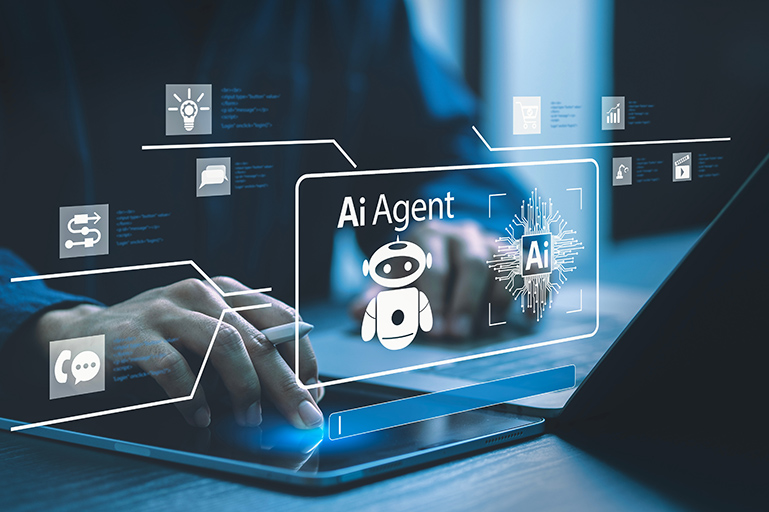The rapid rise of AI agents promises transformative productivity gains but poses unprecedented security risks, particularly in identity and access management, say industry leaders.
Accenture's Damon McDougald and other experts warn that without robust safeguards, autonomous AI agents—capable of reasoning, decision-making, and task execution—could cause major security breaches. Managing agent identities differs sharply from traditional human identity governance, requiring real-time oversight, granular permissions, and lifecycle controls.
Vendors such as SailPoint, Okta, Ping Identity, and Microsoft are racing to address these challenges. Their solutions range from secure onboarding to advanced authentication and policy enforcement. For example, Microsoft's Entra Agent ID aims to curb identity sprawl and strengthen visibility, while red-team testing focuses on identifying unique vulnerabilities specific to AI agents.
Emerging standards like Google Cloud's secure-by-default Agent2Agent protocol are also critical to ensuring safe agent interactions. Solution providers see vast opportunities in helping organizations securely deploy AI agents, as the complexity and associated risks far exceed those of earlier generations of AI applications.
Source: Originally published at
SC Media on August 11, 2025.
Frequently Asked Questions (FAQ)
What are AI agents and why are they a security concern?
AI agents are autonomous systems capable of reasoning, decision-making, and task execution. Their increasing capabilities introduce new security risks, especially in identity and access management, as they operate independently and may pose different threats than traditional human users.
How does managing AI agent identities differ from human identity management?
Managing AI agent identities requires real-time oversight, granular permissions, and lifecycle controls that are distinct from traditional human identity governance. This is due to their autonomous nature and the potential for complex, rapid interactions.
What measures are being taken to address AI agent security risks?
Industry leaders and vendors like SailPoint, Okta, Ping Identity, and Microsoft are developing solutions for secure onboarding, advanced authentication, and policy enforcement for AI agents. Practices like red-team testing are also being employed to identify vulnerabilities specific to AI agents.
Are there emerging standards for secure AI agent interactions?
Yes, emerging standards such as Google Cloud's secure-by-default Agent2Agent protocol are being developed to ensure safe interactions between AI agents.
Crypto Market AI's Take
The emergence of AI agents presents a dual-edged sword for the digital asset space. While the potential for enhanced productivity and sophisticated market analysis is immense, the security implications, particularly around identity and access management for these autonomous entities, cannot be overstated. Ensuring that AI agents are securely integrated and managed is paramount for their safe adoption in the cryptocurrency ecosystem. Our platform,
crypto-market.ai, focuses on providing AI-driven market intelligence and trading solutions, highlighting the importance of robust security and compliance frameworks as these technologies evolve. We believe that understanding and mitigating these risks is key to unlocking the full potential of AI in finance.
More to Read:

